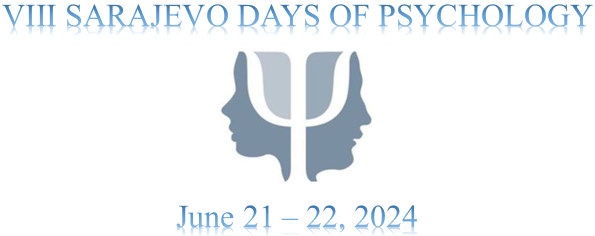Dr. Andrea Vranić, Associate Professor at Department of Psychology, Faculty of Humanities and Social Sciences, University of Zagreb
The efficacy of cognitive training: Are we asking the right questions?
Abstract
Cognitive abilities are a prerequisite for success in almost all aspects of life. Dissecting academic and professional success, but also everyday activities, points to the importance of (more focused) attention, (faster) information processing, (higher) working memory, (stronger) inhibitory control, (greater) cognitive flexibility. It is not surprising that the interest in the modification of cognitive abilities can best be described by the Olympic motto faster, better, stronger. Also, unsurprisingly economic reports predict an ever-increasing market share for the so-called brain-training industry. Cognitive training represents an intervention or a set of activities designed to improve reasoning, problem solving or learning across a range of users - children with attention disorders or those raised in unfavorable conditions, people with traumatic brain injuries or neurodegenerative diseases, individuals in cognitively demanding professions, as well as (older) adults with normative cognitive aging. Cognitive interventions are mostly aimed at attention, working memory or executive functions because these processes are necessary for complex intelligent behavior, they are highly related to individual differences in intelligence, academic success, and important life outcomes. At the same time, they have exhibit clear limitations and show pronounced interindividual differences. Research on cognitive interventions ranges from theoretical studies, which seek to understand the mechanisms of training gains thus indicating how to capitalize on neural changes induced by experience, to applied research, which examines the range of training-induced changes in everyday functioning. Despite the exceptional scientific and applied interest, the question of the efficacy of cognitive training has been the subject of many years of research controversy. The synthesis of numerous findings suggests that to better understand the efficacy of cognitive interventions, we need recognize cognitive enhancement as a multidimensional construct. Only then can we ascertain that its efficacy is influenced by the nature and structure of the intervention and the characteristics and abilities of the participants themselves.
Key-words: cognitive training, brain-training industry, cognitive ageing, individual differences








